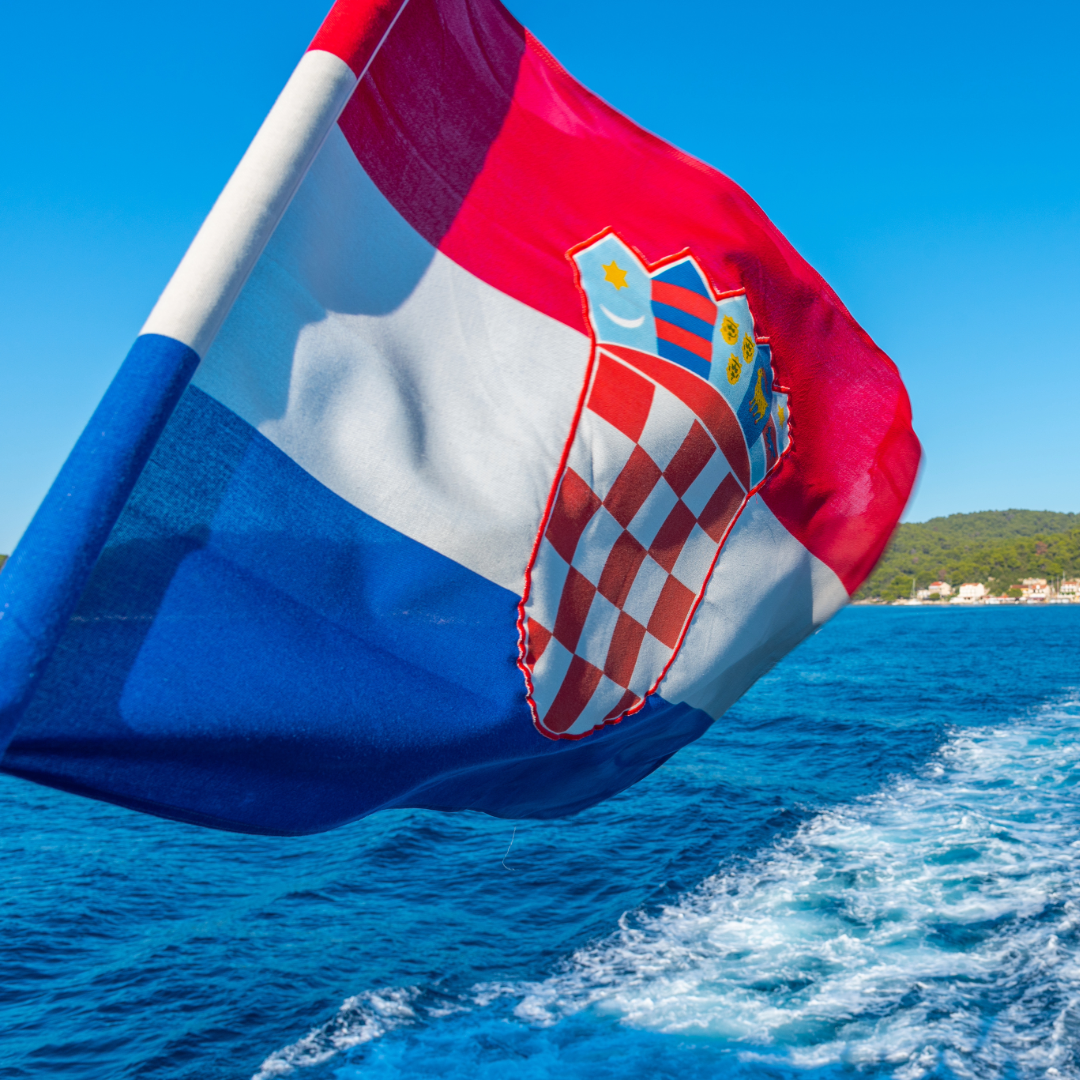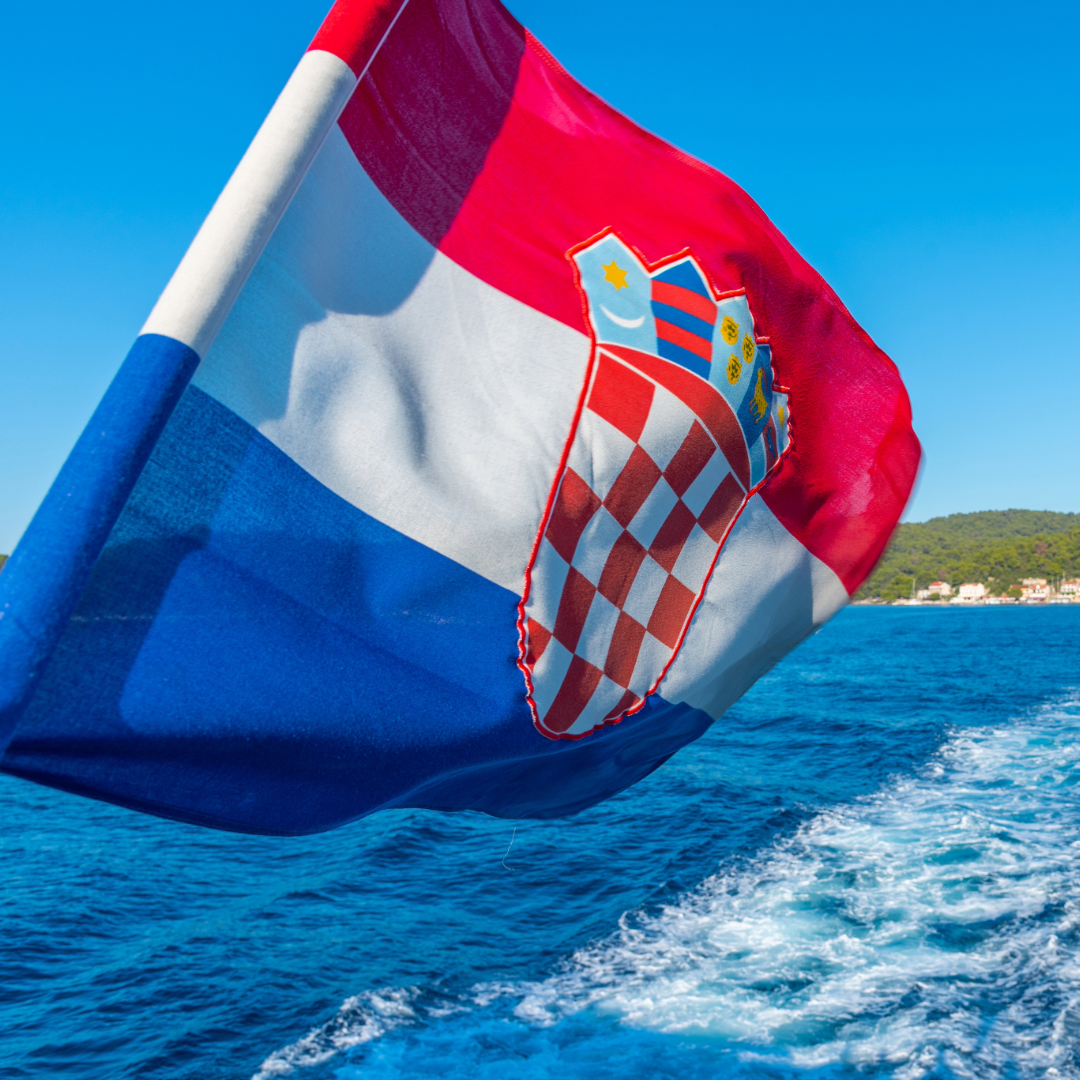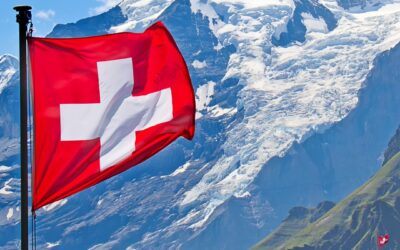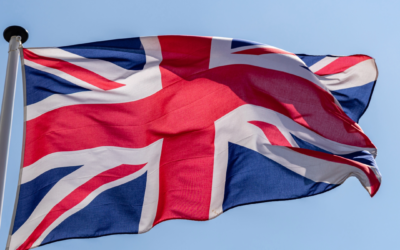EPR Croatia: Be prepared – what exporters should know



If you’re selling or shipping products to Croatia, there’s one topic you can’t ignore: Extended Producer Responsibility (EPR). This regulation requires companies to take responsibility for the entire lifecycle of their products. And it’s not just aimed at businesses based in Croatia – EPR also applies to exporters from the EU and abroad. In this article, we’ll walk you through the key obligations and requirements you should be aware of.
What is EPR?
EPR (Extended Producer Responsibility) means that producers are responsible for their products and packaging – from production to disposal. The goal? A more circular economy and better recycling rates.
EPR in Croatia – The basics
Just like in other EU countries, Croatia’s EPR regulations apply to three main waste streams: packaging, electrical and electronic equipment (WEEE), and batteries.
For all three categories, you’ll need to:
- Register with the local authorities (new as of January 2025)
- Join a licensed waste management scheme
- Submit regular volume reports
- Pay applicable EPR fees
Important: If you’re not based in Croatia, you’ll also need to appoint an Authorised Representative. More about that in a bit!
Who is obligated under EPR in Croatia?
EPR applies to anyone placing products on the Croatian market. It doesn’t matter if you’re a manufacturer, importer, retailer, or online seller. And it also doesn’t matter where your business is located – whether you’re in Croatia or abroad, if your products end up in Croatia, you’re on the hook.
EPR for packaging
Any business selling or shipping packaged goods to consumers in Croatia must comply with packaging regulations. Under Croatian law, packaging refers to any material used to contain, protect, deliver, or present products – regardless of the material type.
EPR for batteries
The same goes for batteries. If you import or sell batteries – or products that contain them – in Croatia, you’re subject to EPR. That includes single-use and rechargeable batteries, as well as automotive and industrial batteries, which require full lifecycle financing.
EPR for electrical and electronic equipment (WEEE)
Whether it’s large appliances, small electronics, IT gear, lamps, or heat exchangers – if you manufacture, import, or sell them in Croatia, you’re required to get licensed and report volumes placed on the market.
Authorised representative – Your local contact in Croatia
If your company isn’t based in Croatia, you’re not allowed to handle EPR compliance on your own. You must appoint a local representative – either a legal or natural person based in Croatia. This Authorised Representative acts on your behalf, ensures your compliance, and serves as your point of contact with Croatian authorities. Important: the authorization must be issued in writing.
Legal framework for EPR in Croatia
As part of aligning with EU legislation, Croatia updated its EPR regulations in November 2023. The new rules cover the three material streams we discussed earlier and are based on two key regulations:
- Regulation on packaging and packaging waste, single-use plastics, and plastic-containing fishing gear (OG 137/2023)
- Regulation on the management of special waste categories within the fund system (OG 124/2023)
These laws are designed to implement EU standards and promote a more sustainable and circular waste economy.
EPR costs in Croatia
All costs related to EPR compliance – including scheme participation fees and reporting obligations – are defined by law. That means you’ll need to budget for licensing fees, reporting efforts and of course, recycling contributions based on actual volumes, i.e. how much packaging, batteries or electrical appliances you place on the market.
What is the volume report?
Starting January 2025, companies must report monthly how many products they’ve placed on the market, whether that’s packaging, batteries, or electronics. This reporting serves two key purposes:
- Calculating recycling fees based on actual market volumes
- Proving compliance to regulatory bodies
What if you don’t comply?
Croatia’s Environmental Protection and Energy Efficiency Fund (FZOEU) is in charge of overseeing EPR compliance, together with the Ministry of Finance and Customs.
If you don’t follow the rules, you risk written warnings, hefty fines and yes, your Authorised Representative can be held liable too. For example, if a company does not licence its packaging in Croatia, fines of EUR 1,327.228 to 13,272.28 (before 2023: HRK 10,000.00 – 100,000.00) may be imposed.
Conclusion: Know your duties, stay compliant
Croatia has clear and strict EPR rules. So, if you’re exporting products there, it’s crucial to understand your responsibilities. With proper preparation, including appointing a local representative, registering correctly, and reporting on time, you’ll avoid unnecessary costs and delays.
Need help? Check out our free compliance check to see what obligations apply to you in Croatia and other countries.

LIZENZERO.EU makes packaging compliance in Europe very easy.
Do you ship your products to different countries in the EU? Many different legal requirements and obligations can make the whole thing quite complicated – but don’t worry, we’ll do it for you. How do we do it? With our licensing service, we take over all obligations for you by power of attorney. Sounds good? We’ll be happy to advise you.
For shipping to Germany, you can easily fulfill your packaging obligations yourself via Lizenzero.de.
EPR in Switzerland – Recycling for businesses
Clear EPR obligations already apply in many European countries. Manufacturers and retailers are responsible for the entire life cycle of their packaging and must register with the relevant national systems and pay licence fees. But what is the situation in Switzerland?
EPR UK: current obligations for retailers in relation to packaging
Extended Producer Responsibility (EPR) is a European regulation that makes manufacturers, importers and companies responsible for the life cycle of their products and packaging in accordance with the polluter-pays principle. EU countries can interpret the EPR regulations differently, which is why your obligations may vary from country to country. If you are shipping goods to the UK, you should therefore familiarize yourself with the exact regulations in the country in advance in order to avoid sanctions and be compliant. In the following article, we will give you an overview of the current EPR obligations in the UK and take a look at upcoming changes.
EPR in Portugal: Guide for manufacturers & retailers
Many European countries have packaging licensing regulations, and Portugal is no exception. Companies that deliver packaged goods to or from Portugal must ensure that they comply with the EPR regulations that apply there. But what does this mean in concrete terms? Retailers and manufacturers are obliged to register, licence and label their packaging in Portugal.





